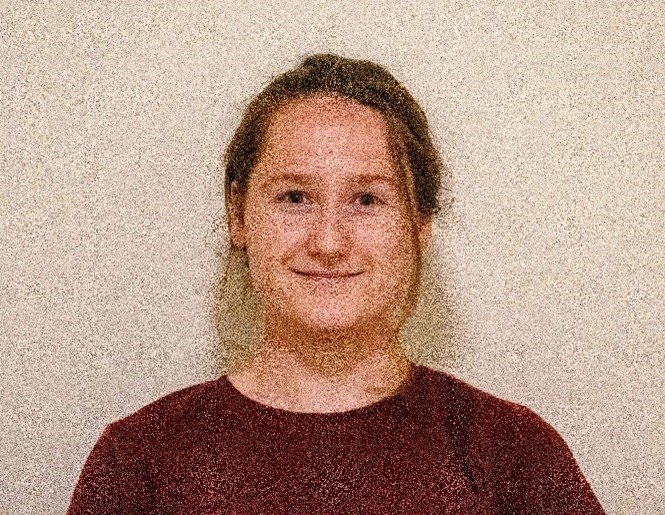
«From ideology to practice»
A study of voluntary organisations’ role in integrational work with immigrants
15.08.2022 – 15.08.2026
At the end of the 70’s and start of the 80’s, Nordic welfare states went through a change of ideology concerning who should provide social welfare services (Loga, 2016). This shift in ideology led to the outsourcing of governmental social services to both civil society as well as the market. Voluntary organisations involvement in social welfare services is built on the assumption that they can create affordable services, have more insight in the lifeworld of clients, and therefore more easily identify people’s interests and needs and are more able to develop varied and individual services (Hutchinson et al., 2013; Loga, 2016).
This new perspective on voluntary organisations as providers of social welfare services, resulted in heightened political interest and more financial support. At the same time, voluntary organisations experienced stricter regulations for their activities and greater challenges to meet authorities demands to professionalise (Lorentzen, 2010; Hutchinson et al., 2013).
Integrational work with immigrants is an area where government has an increased interest in voluntary organisations contribution, especially regarding social integration. Social integration is defined as contact between immigrants and the majority population. This includes participation in civil society, social networks, and social relations (NOU, 2011:14; Barstad & Molstad, 2020).
My Ph.d. project will focus on the involvement of voluntary organizations in a social integrational context. The main research question is as following: How does government ideology translate to voluntary organisations’ practice, and participants’ experiences, in the social integration of immigrants through participation in voluntary organisations’ activities?
The aim is to illuminate this phenomenon from macro-, meso-, and microlevel. Therefore, a mix of methods will be utilized. Document analyses on government documents, in depth interviews with employees in voluntary organisations and focus group interviews with participants (immigrants) in voluntary organisations will be used to collect data.
Contact information:
